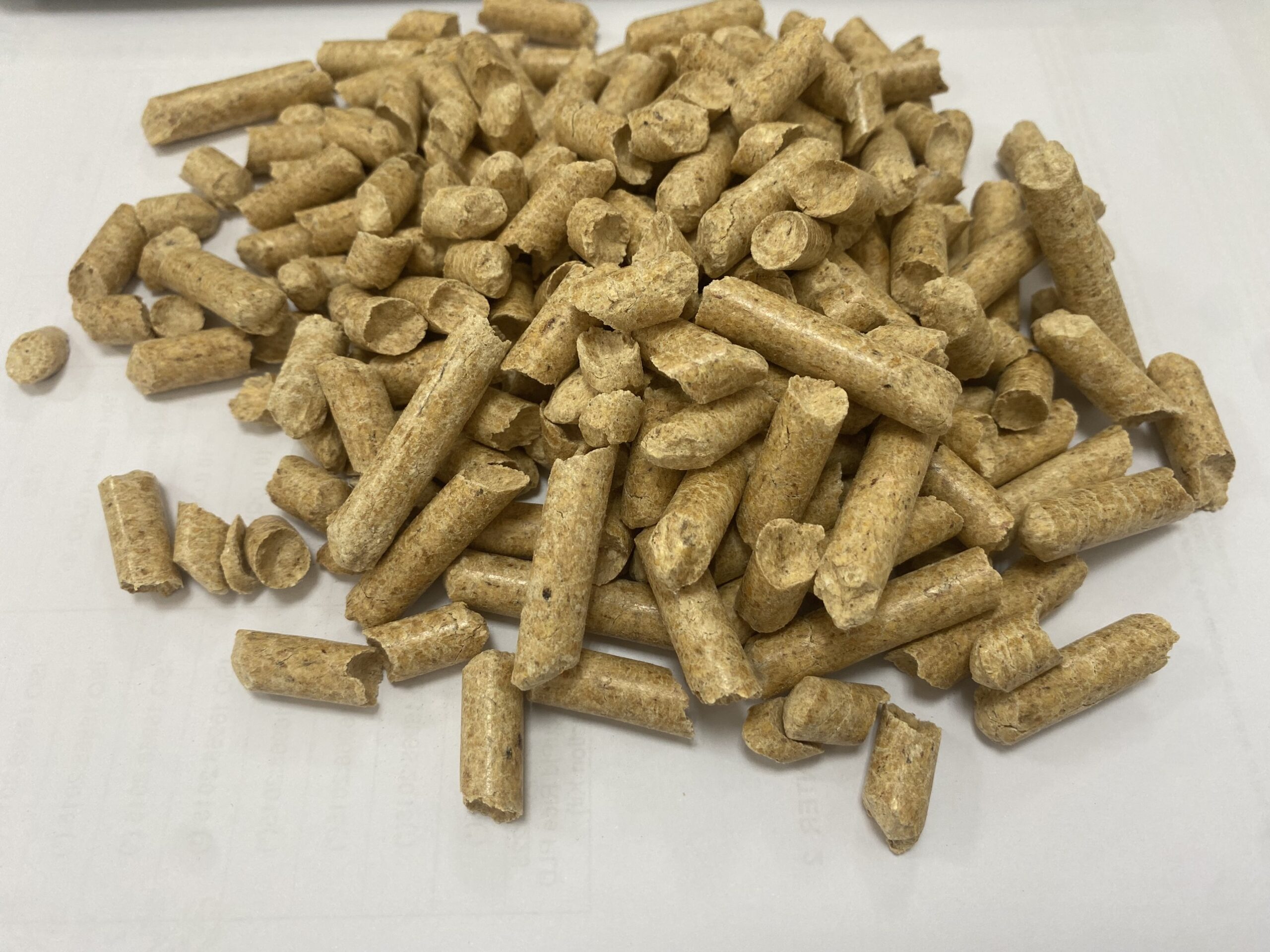Introduction
As awareness of environmental issues continues to grow, more and more horse owners are seeking eco-friendly options for managing their stables. Bedding is one area where sustainable choices can make a significant difference. Pine wood pellets have emerged as a top choice for horse bedding due to their numerous environmental benefits. In this article, we will delve into how using pine wood pellets as horse bedding supports environmental sustainability, focusing on their renewable origins, reduced waste, biodegradability, and positive impact on natural resource management.

Renewable and Sustainable Origins
Byproducts of the Lumber Industry
Pine wood pellets are primarily made from byproducts of the lumber industry, such as sawdust and wood shavings. Instead of these materials going to waste, they are repurposed into high-quality bedding. This process not only reduces waste but also maximizes the use of natural resources, ensuring that every part of the tree is utilized. By choosing pine wood pellets, horse owners are supporting the sustainable management of forests and contributing to the reduction of deforestation.
Sustainable Forest Management
The production of pine wood pellets often involves sourcing wood from sustainably managed forests. These forests are managed in a way that balances the ecological, economic, and social needs of the present and future generations. Sustainable forest management practices include replanting trees, maintaining biodiversity, and protecting water resources. By choosing bedding made from sustainably sourced wood, horse owners can contribute to the preservation of forest ecosystems.
Reduction in Waste and Carbon Footprint
Efficient Use of Resources
The production of pine wood pellets is an efficient process that minimizes waste. Because the raw materials are byproducts of other industries, there is little to no additional harvesting required to produce the pellets. This efficiency reduces the overall carbon footprint of the bedding, as less energy and fewer resources are needed for production. Additionally, the compact nature of the pellets means that they require less storage space and fewer transportation resources, further reducing their environmental impact.
Lower Waste Disposal Needs
Pine wood pellets are highly absorbent, which means that less bedding is needed to maintain a clean and comfortable stall. This efficiency translates to lower waste disposal needs, as there is less soiled bedding to remove and discard. Traditional bedding materials like straw and shavings often produce large volumes of waste, which can be costly and environmentally damaging to dispose of. By generating less waste, pine wood pellets help to reduce the environmental impact of waste disposal and lower the overall carbon footprint of stable management.
Biodegradable and Compostable Bedding
Natural Decomposition
One of the most significant environmental benefits of pine wood pellets is their biodegradability. Once used, the bedding can break down naturally over time, returning valuable nutrients to the soil. Unlike synthetic bedding materials that may take years to decompose or contribute to pollution, pine wood pellets decompose relatively quickly, reducing their impact on the environment. This natural decomposition is particularly beneficial for horse owners who are committed to maintaining an eco-friendly stable.
Creating Nutrient-Rich Compost
Used pine wood pellets can be added to compost piles, where they break down into nutrient-rich compost. This compost can then be used to enrich gardens, fields, and other agricultural areas, promoting healthy plant growth and soil quality. Composting used bedding not only reduces waste but also creates a valuable resource that can be used to support sustainable agriculture. For horse owners who are also gardeners or farmers, this dual benefit of waste reduction and soil enrichment makes pine wood pellets an excellent choice.

Supporting a Circular Economy
Closing the Loop
Using pine wood pellets as horse bedding is a perfect example of a circular economy, where waste is minimized, and resources are continuously reused. By turning wood byproducts into bedding and then composting the used bedding to create soil amendments, horse owners are participating in a sustainable cycle that benefits both the environment and the economy. This circular approach to resource management helps reduce the overall environmental impact of horse stables and supports a more sustainable future.
Economic Benefits of Sustainability
In addition to their environmental benefits, pine wood pellets also offer economic advantages. By reducing waste and lowering disposal costs, horse owners can save money on stable management. Additionally, the ability to create compost from used bedding can provide financial benefits, as the compost can be used in gardens or sold to other farmers and gardeners. These economic benefits make pine wood pellets an attractive option for horse owners who are looking to balance sustainability with cost-effectiveness.
Contribution to Soil Health and Agriculture
Improving Soil Structure
Composting used pine wood pellets creates a valuable soil amendment that can improve soil structure. The organic matter in the compost helps to improve soil aeration, water retention, and nutrient availability, which are essential for healthy plant growth. This improvement in soil quality can benefit both agricultural fields and home gardens, making pine wood pellets a valuable resource for anyone involved in farming or gardening.
Supporting Sustainable Agriculture
The compost produced from pine wood pellets can be used to support sustainable agriculture practices. By enriching the soil and reducing the need for chemical fertilizers, compost helps to promote healthy plant growth while minimizing environmental impact. For horse owners who are also involved in agriculture, using pine wood pellets can contribute to more sustainable farming practices and support the long-term health of the land.
Conclusion
Pine wood pellets offer a range of environmental benefits that make them an excellent choice for horse bedding. From their renewable origins and efficient production process to their biodegradability and contribution to sustainable agriculture, pine wood pellets support environmental sustainability at every stage of their lifecycle. By choosing pine wood pellets, horse owners can reduce their carbon footprint, minimize waste, and contribute to a healthier planet while providing their horses with a comfortable and clean living environment. Whether you are managing a large stable or caring for a single horse, pine wood pellets are an eco-friendly bedding option that delivers both practical and environmental benefits.
